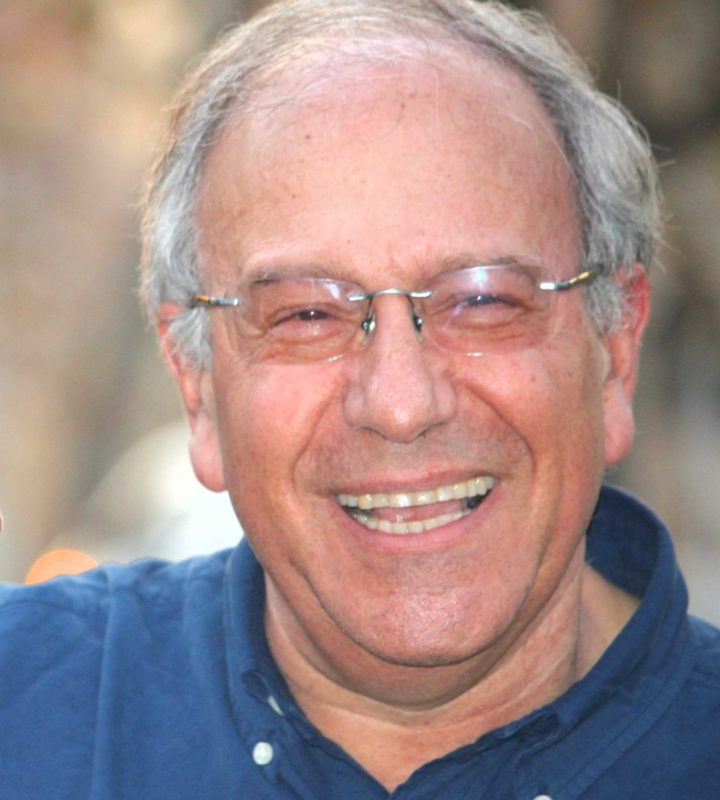How do you see the current situation in Chile after the defeat in the plebiscite to approve the new Constitution?
The current political and social situation in Chile is very complex. The defeat in the plebiscite was undoubtedly a very heavy blow for the government and for the progressive forces in our country. There was great hope for a modern Constitution that would allow us to face the 21st century in a good way and put an end once and for all to the Constitution of the dictatorship and guarantee fundamental rights that are not enshrined in the current Constitution, such as health, education, housing, decent pensions, an unpolluted environment.
If we add to this the fact that there is a complex social situation due to the increase in crime, the strong penetration of drug trafficking, and a rise in inflation, with a consequent increase in the cost of living and difficulty in the economic situation of families… Well, all this creates a very complex cocktail in which disaffection is increasing, which has resulted in a loss of support for the president and the government coalition, which is reflected today in the polls. Undoubtedly this complex panorama, which one could define as negative, is part of the look at the current situation.
Are there also encouraging elements?
We have a government that has a very important transformation proposal and is pushing for a tax reform that will allow it to have a large number of resources for it to make social reforms. The first one that is being presented this week is a reform of the pension system to put an end to the disastrous private system of the AFPs, inherited from the dictatorship, and to move towards a real and true social security system that guarantees better pensions for all. On the other hand, another series of bills are about to be introduced, which we hope will also be approved in Congress and which will mean reforms and improvements in the health and education systems. We also want to strengthen the strong challenge we have to build social housing to alleviate the tremendous shortage we inherited from previous governments.
We in Accion Humanista actively participate in the government and we are pushing to maintain the program committed to the citizens and to look for ways to make this program concrete in bills and then in-laws that improve the situation of Chilean families.
Could the election of Lula as president of Brazil open up new perspectives not only for your country but also for the whole of South America?
We live in a very hopeful Latin American context. The recent election of Lula has meant that the most conservative, ultra-right sectors of our continent have been defeated in Chile, with the defeat of Kast, in Colombia, with the victory of Gustavo Petro, and now in Brazil with the victory of Lula. This is undoubtedly hopeful news, which opens up the future for our continent, which will be able to work more closely together, in a coordinated and convergent manner, to advance towards the responses that the vast majority of our content is demanding today.
It is a moment that we could call paradoxical, in which progressivism has gained political space in our region, but at the same time, the economic and social situation has been greatly deteriorated by the pandemic, the war in Ukraine, and a series of other factors in the international context, which means that governments have little space to be able to move forward in the short term with the responses that citizens are demanding.






